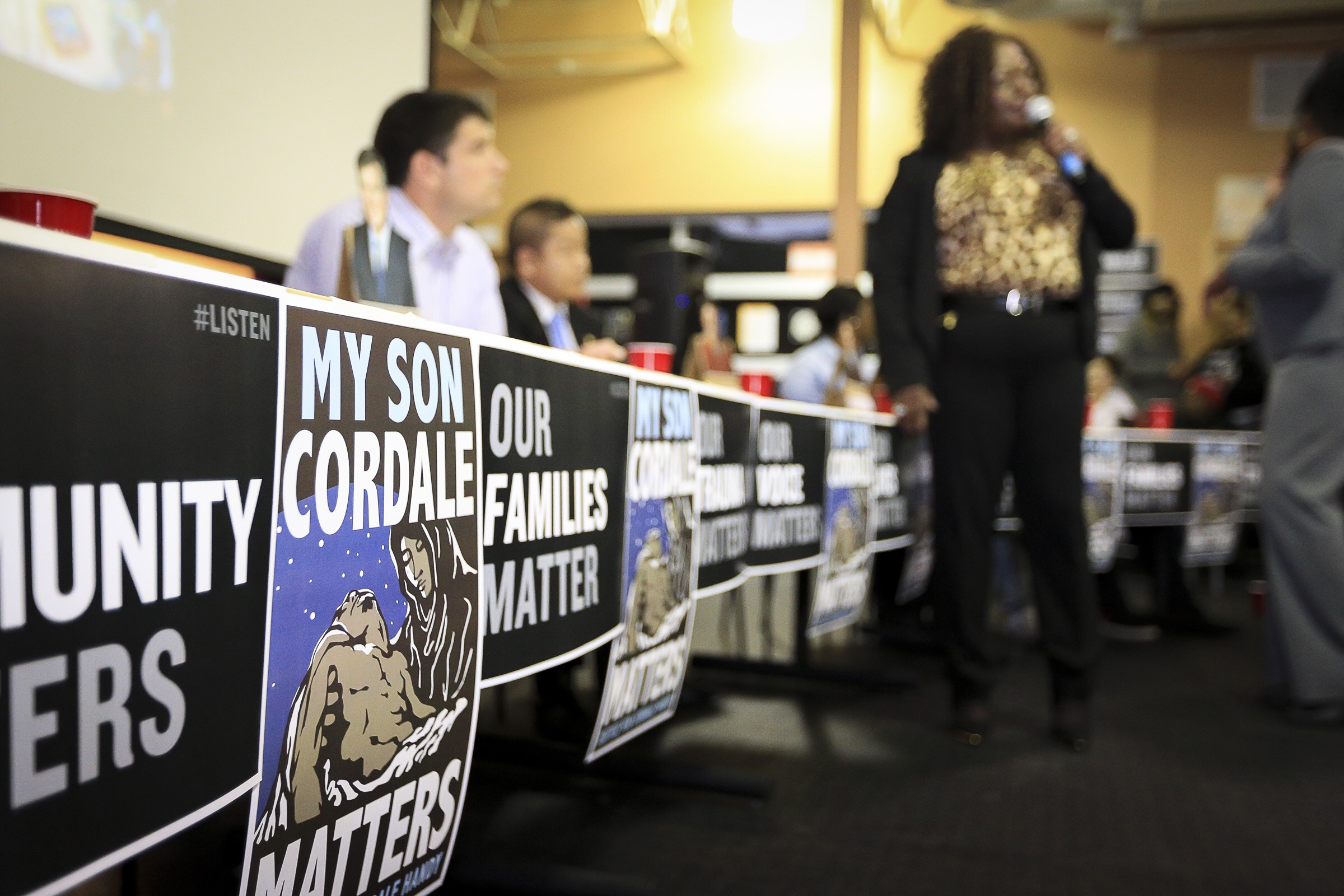Cultivating a Vibrant Minneapolis-Saint Paul

Guest post by Laura Zabel, Executive Director, Springboard for the Arts
It’s always feels good to be recognized for something that you are deeply passionate about. As a theater maker, arts advocate, and Executive Director of Springboard for the Arts, cultivating vibrant communities through artists making a living and a life is at the core of my work. So it’s an honor to see my community included on this list of Top 20 arts vibrant large communities. The metro region of Minneapolis and St. Paul gets on a lot of these kinds of lists – most livable, best parks, fittest cities, happiest communities. But we are also on a lot of lists that we don’t want to be on, because we have some of the highest rates of racial disparities in income, opportunity, and quality of life in the country.
Some of the cultural conditions that make our arts scene so vibrant are our longtime commitment to infrastructure, robust nonprofit and philanthropic sectors; and collaborative and thoughtful planning. Unfortunately, these parts of our culture also have a downside: risk aversion, inclination towards talking rather than acting, and entrenched and slow moving power structures—these, and other, factors contribute to our slow progress on the big challenges we are facing. These challenges demand creative thinking, new questions, and bold doing, which are all things that artists can help bring to the table. Our entrenched disparities are a thorny, wicked, systematic problem that will take more than just artists working by themselves to untangle and undo, but I am committed to the proposition that artists, as community members, through their creative processes, have a role to play in this change.
This is not a linear or simple process. The data collected and shared around numbers of artists, arts organizations, dollars spent, government support are a snapshot of the conditions in which we work – like counting the number of paintbrushes in our studio, or theater seats we have. We need to know those things, so that we can invest in the people and organizations doing the work with those resources. Then we need to take that information and use it to push us to action. In the same way that the creative process requires iteration, patience, and trust, our processes for social change must include those attributes. Artists also bring that to the table.
If I am hopeful in this moment, it is because our vibrant arts community is pushing our broader community forward, and bringing its creative resources to make change happen. Artists like Leon Wang, Jayanthi Kyle, Jacob Ladda, BlackOut Improv, Justice Choir and so many more show up for social justice, lead creative protest, and draw attention to the disparities in our community. Arts organizations that create meaningful opportunities for the community to connect and celebrate, events like In the Heart of the Beast’s May Day Parade, the Minneapolis Monarch Festival – Festival de la Monarca, and our wide array of art crawls, open studios, and festivals create genuine opportunities to build reflective, responsive networks. Our organizations, funders, and community stakeholders should continue to build that trust by supporting those artists and organizations – particularly culturally specific or historically under-invested organizations.
At Springboard, we are pushing ourselves to be more of a resource in this process. In partnership with Emergency Arts, we are currently piloting a Community Emergency Relief Fund, that opens up fast, flexible financial support to artists working on a project that addresses an emergency in their community. We who are in positions of power need to make our organizations more open and responsive, so we can build resilience, creative capacity, and meaningful change in our communities, change that is driven by the people who make up our communities, and by their vision. This what vibrancy must look like for our future.
###
Photo by Thaiphy Phan-Quang: Posters by Leon Wang at a community meeting after the officer-involved killing of Cordale Handy in Saint Paul